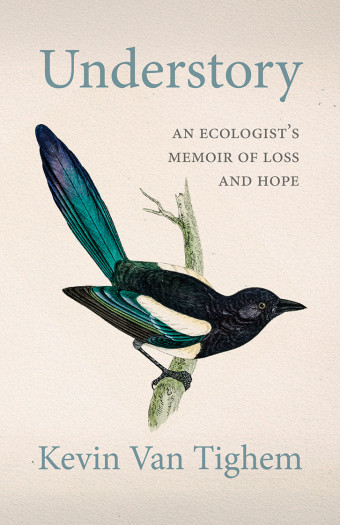Ethel Marie Sentance wrote a memoir for her husband in 1952 and gave it to him as a present for their 40th wedding anniversary that year. But her personal story is reaching far beyond her family.
Emily van der Meulen, Ethel’s great-granddaughter, publishes this memoir as the heart of the book From Suffragette to Homesteader: Exploring British and Canadian Colonial Histories and Women’s Politics through Memoir, presenting a first-person account of women’s activism in early 20th-century England and Canada.

- From Suffragette to Homesteader
- Emily van der Meulen (Editor)
- Fernwood Publishing
- $20.00 Paperback, 204 pages
- ISBN: 978-17-73631-26-4
Born in England in 1880, Ethel was involved in the suffrage movement in her mid-20s, participating in meetings and rallies, selling suffrage newspapers, and serving time in jail for breaking a window at a protest.
“Ethel was highly critical of women’s social and political subjugation, and was committed to advancing women’s rights through the vote. Ethel’s fiancé Clarence was also a supporter of women’s enfranchisement, and joined the Men’s League for Women’s Suffrage,” says van der Meulen, who is an associate professor in the Department of Criminology at Ryerson University.
Ethel and Clarence eventually married and moved to a small log cabin Clarence had built near Foam Lake, Saskatchewan, where they raised four children.
Ethel and Clarence were also involved in various rural organizing activities, including among other things establishing a school district, constructing and installing the first telephone lines, and helping develop a local library.
They eventually left the homestead to live in a number of small Saskatchewan towns as part of Clarence’s work with the Saskatchewan Co-operative Elevator Company.
In addition to Ethel’s memoir, the book has several chapters in which leading scholars of women’s history, such as June Purvis, Sumita Mukherjee, and Sandra Rollings-Magnusson, analyze aspects of Ethel’s life narrative.
_800_600_90.jpg)
The chapter authors examine “some of the key events and activities that she recounts while also grounding their analyses in the larger social and political context of the time,” van der Meulen explains.
“Importantly, chapter authors also explore topics that Ethel does not discuss, most notably histories of colonialism and imperialism, but which are central for developing a more fulsome understanding of gendered experiences and women’s histories.”
Chapter topics include the struggle of the suffragettes in Edwardian Britain, issues of race in the British suffrage movement, rethinking suffrage in the context of settler colonialism in Canada, and the daily lives of women on Saskatchewan’s homesteads.
While contributors solicited for a collection often have full leeway in terms of content, van der Meulen very specifically asked the writers to engage with the memoir “either by examining some of the topics that Ethel wrote about or by broadening the memoir’s scope and analyzing aspects of the larger milieu that she did not explore.”
“We still have a long way to go, and feminist activism is as important now as it was in her time.”
In the light of contemporary feminism, this collection shows how far society has come – and that there is still a ways to go.
“Ethel was committed to improving women’s social circumstances, whether that be through direct action and the suffrage movement, or within her own family and local communities,” van der Meulen says.
“She spent much of her life working toward gendered and social justice. All these years later, we still have a long way to go, and feminist activism is as important now as it was in her time.”













